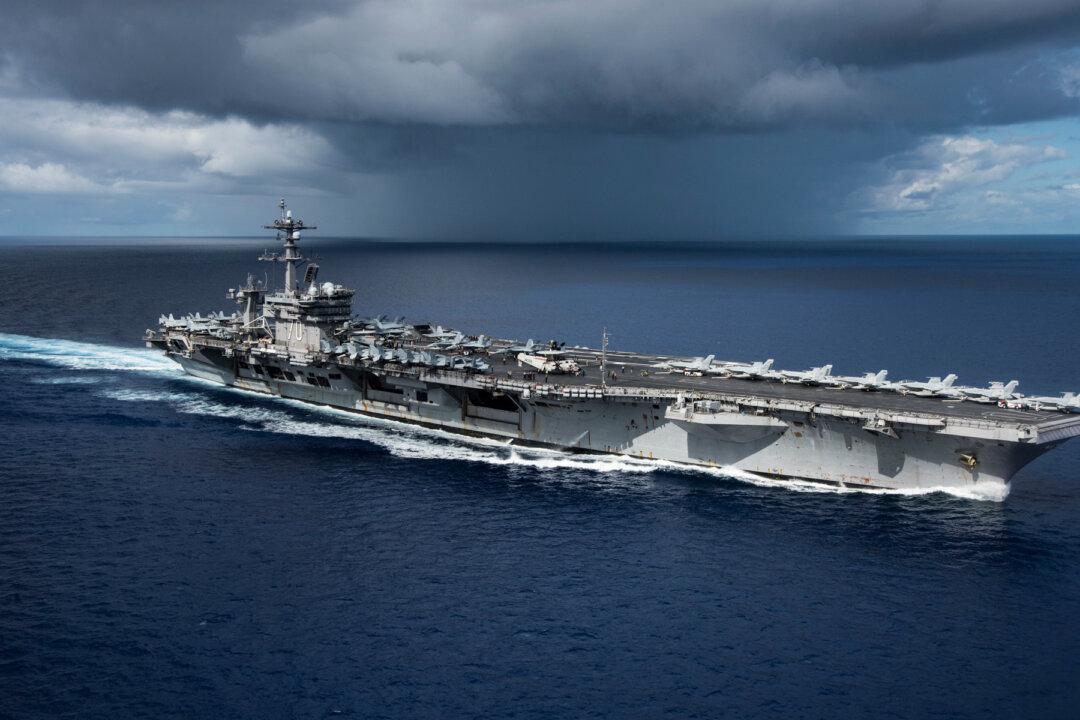A new U.S. naval strategy will aim to deter China from taking over Taiwan and to neutralize Chinese maritime military expansion, according to the U.S. Navy secretary in a Defense News report.
The announcement comes as the Chinese Communist Party (CCP) has been expanding military presence and bases in the South China Sea, and threatened to invade Taiwan.





